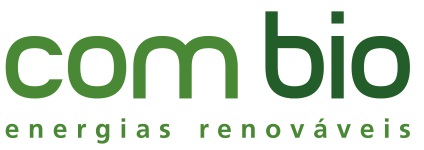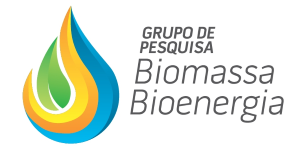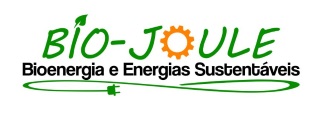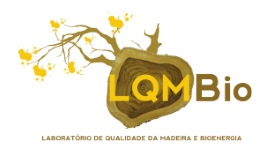HYDROESTERIFICATION OF WASTE COOKING OIL IN SUBCRITICAL WATER AND SUPERCRITICAL ETHANOL FOR BIODIESEL PRODUCTION
02 - Biodiesel
 1 WALTER RODOLFO QUIROGA PÉREZ, 1 LILIANA GUZMÁN BECKMANN
1 WALTER RODOLFO QUIROGA PÉREZ, 1 LILIANA GUZMÁN BECKMANN
1 ESCUELA POLITÉCNICA NACIONAL
This study was aimed to find the best operation conditions for the hydroesterification (hydrolysis and esterification in two steps) of waste cooking oil by using subcritical water and supercritical ethanol without catalyst. Waste cooking oil was obtained from a local business, then it was filtered to a mesh 40 and characterized. Hydrolysis was carried out at 250, 275 and 300 °C for 20, 40 and 60 minutes with a volume ratio 1:1, stirring rate of 500 rpm and at vapor pressure of water. The conversion was calculated by the percentage of free fatty acids [FFA] which were measured by potentiometric titration, the maximum value was greater than 98% after 40 minutes at 300 °C. [FFA] were esterified with supercritical ethanol under reactions conditions at 250, 300 and 350 °C at 10 MPa for 10, 20 and 30 minutes with a molar ratio of ethanol to FFA of 10:1 and stirring rate of 500 rpm. At 350 °C and 10 minutes the esterification of [FFA] in supercritical ethanol gave a conversion greater than 95%, and it was calculated as a function of percentage of FFA. 1 L of biodiesel was produced under these conditions and then it was characterized.
Keywords: hydroesterification, hydrolysis, esterification, subcritical water, supercritical ethanol, biodiesel
Acknowledgments: This work acknowledges Departamento de Ingeniería Química of Escuela Politécnica Nacional, specially to Liliana Guzman for all her supporting during the project

























